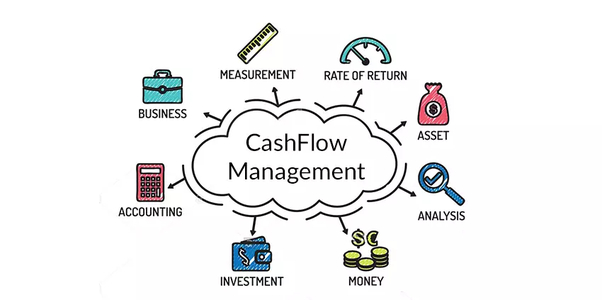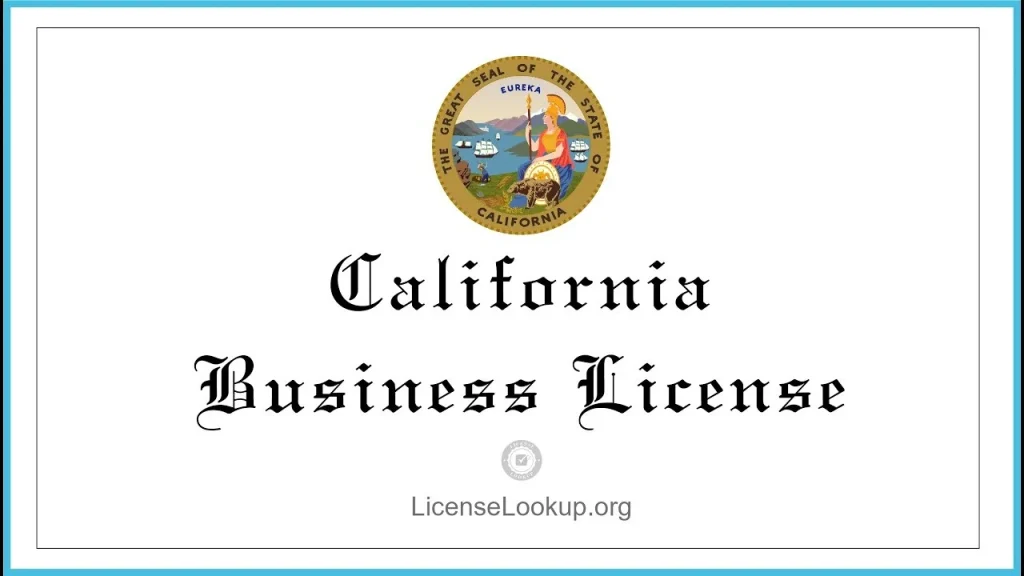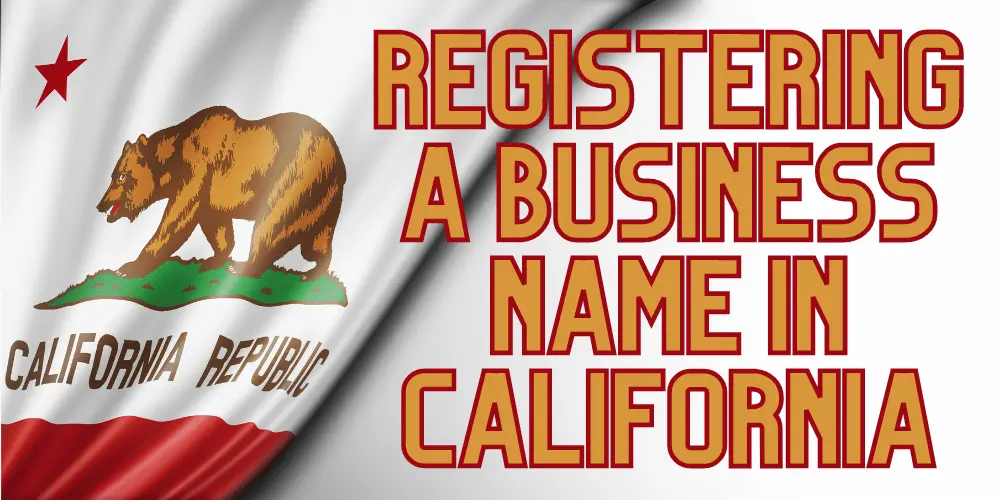A business license is like a permission slip from the government that allows you to legally operate your business. It’s important because it shows that your business complies with local regulations and is accountable for its actions. Without a license, you could face fines, penalties, or even have to shut down your business.
In California, getting a business license involves several steps. First, you need to determine what type of license you need based on your business activities and location. Then, you’ll gather the necessary documents, such as identification and tax information. Next, you’ll fill out an application and submit it along with any required fees. Finally, you may need to undergo inspections or approvals before your license is granted. It’s a straightforward process, but it’s essential to follow all the steps to ensure your business is legally compliant and can thrive in the Golden State.
Table of Contents
Determine Your Business Structure
Choosing the right structure depends on factors like liability protection, tax implications, and business goals. Consulting with legal or financial professionals can help you make the best decision for your California-based business.
Sole Proprietorship
This is the simplest form of business ownership. As a sole proprietor, you are the sole owner and operator of the business. You have full control over decision-making and keep all profits. However, you are also personally liable for any debts or legal obligations incurred by the business.
This means your personal assets could be at risk if the business faces lawsuits or financial difficulties. Sole proprietorships are easy to set up and have minimal regulatory requirements, making them popular among small businesses and freelancers in California.
Partnership
A partnership is a business structure where two or more individuals share ownership and management responsibilities. There are two main types of partnerships: general partnerships and limited partnerships. In a general partnership, all partners share equally in the profits, losses, and liabilities of the business. Each partner is also personally liable for the debts and obligations of the partnership.
Limited partnerships have both general partners, who manage the business and are personally liable, and limited partners, who contribute capital but have limited liability. Partnerships are relatively easy to establish and offer flexibility in management and decision-making, making them suitable for small businesses and professional practices in California.
Limited Liability Company (LLC)
An LLC is a hybrid business structure that combines the simplicity and flexibility of a partnership with the limited liability protection of a corporation. LLC owners, known as members, are not personally liable for the debts or legal obligations of the business.
This means their personal assets are generally protected from business liabilities. LLCs can choose to be taxed as either a disregarded entity (like a sole proprietorship or partnership), a corporation, or an S corporation, providing flexibility in tax planning. LLCs are popular among small businesses, startups, and real estate ventures in California due to their simplicity, flexibility, and liability protection.
Corporation
A corporation is a separate legal entity from its owners, known as shareholders. Corporations can issue stock, enter into contracts, and sue or be sued in their own name. Shareholders enjoy limited liability protection, meaning their personal assets are typically shielded from business debts and liabilities. Corporations have a more complex structure and are subject to more regulatory requirements than other business entities.
They must hold annual meetings, maintain corporate records, and comply with state and federal reporting obligations. Corporations are often chosen by businesses with high growth potential, seeking to raise capital through the sale of stock, or aiming for long-term sustainability in California’s competitive business landscape.
Research Local Requirements
Researching local requirements in California involves finding out what rules and permits your city, county, and the state itself have for businesses.
- City Rules: Different cities in California have their own rules for businesses. These might include things like where you can set up shop, how big your signs can be, or if you need to pay any local taxes. You can usually find this information by contacting your city’s business licensing department or checking their website.
- County Rules: If your business is outside of city limits, you’ll also need to follow county rules. These could involve permits for things like health and safety or environmental concerns. You can often find out what you need from your county’s website or by calling their offices.
- State Requirements: California has its own rules too. You might need a state business license or specific permits depending on what kind of business you have. The California Department of Tax and Fee Administration and the Governor’s Office of Business and Economic Development.
Prepare Your Business Documents
Preparing your business documents means getting together all the paperwork you need to apply for a business license in California.
- Personal ID: You’ll need to show who you are, so bring your driver’s license or passport.
- Tax Info: Depending on your business, you might need to provide your Social Security Number or an Employer Identification Number (EIN).
- Business Details: Tell them about your business its name, where it’ll be, and what it does. If it’s a partnership or corporation, you might need extra papers like partnership agreements or articles of incorporation.
- Extra Papers: Depending on what you’re doing, you might need more stuff, like health permits for food or zoning permits for where you’ll work.
Apply for Your Business License
Applying for your business license in California is the next step once you have all your documents ready.
- Fill Out the Application: You’ll need to complete the application form with details about your business, personal information, and any required documentation.
- Submit the Application: After filling out the form, you’ll need to submit it along with any required fees. This can usually be done online or in-person, depending on the city or county requirements.
- Await Approval: Once your application is submitted, it will be reviewed by the appropriate authorities. This process may take some time, so be patient.
- Follow Up: If there are any issues or additional information needed, you may be contacted by the licensing department. Otherwise, you’ll receive your business license once your application is approved.
Conclusion
Getting your business license in California is key to running your business legally and responsibly. By understanding the rules set by local, county, and state authorities, you can smoothly navigate the process. Researching local regulations, gathering required documents, and following the application steps are crucial for success.
Moreover, having a business license not only ensures compliance but also builds trust with customers and partners. It shows your commitment to operating ethically and professionally in California’s business environment. As businesses evolve, staying updated on licensing requirements and maintaining proper documentation is essential.








Pingback: How to Start a Business in California